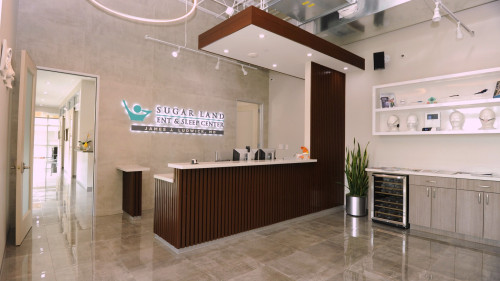CPAP Treatment
Continuous Positive Airway Pressure (“CPAP”) devices prevent Obstructive Sleep Apnea events by maintaining positive pressure in the upper airway rather than allowing the airway to develop negative pressure that occurs during normal inspiration during expansion of the lungs. This positive pressure acts as a pneumatic splint for the upper airway, preventing the soft tissues of the upper airway from collapsing. For most patients, CPAP is very effective at eliminating upper airway obstruction.
CPAP therapy has become very streamlined as today’s “auto” CPAP devices can generally determine the correct treatment pressure for each patient. Rarely, an overnight in-lab “titration” sleep study with a sleep technician is required to determine a patient’s correct treatment pressure.
Intolerance of CPAP therapy is often a side effect of poor CPAP management or lack of CPAP management rather than the true inability to use CPAP. Most treatment failures occur because patients are not properly evaluated, educated, or coached on its use. This is why it is imperative that patients who are trying to use CPAP see a physician who has the training and experience not only in sleep medicine, but also in the evaluation of the upper airway. Often times, problems such as nasal allergies, enlarged inferior turbinates, a deviated nasal septum, sinusitis, or enlarged tonsils impede the successful use of CPAP therapy.
Dr. Ludwick is the only Otolaryngologist in Texas who is fellowship trained and dual board certified in Sleep Medicine and Otolaryngology. He has over 20 years of experience fitting CPAP devices and helping his patients successfully manage their OSAS with positive air pressure therapy.
Call (209) 362-3311 now, or complete this form and our office will contact you within the next business day.

